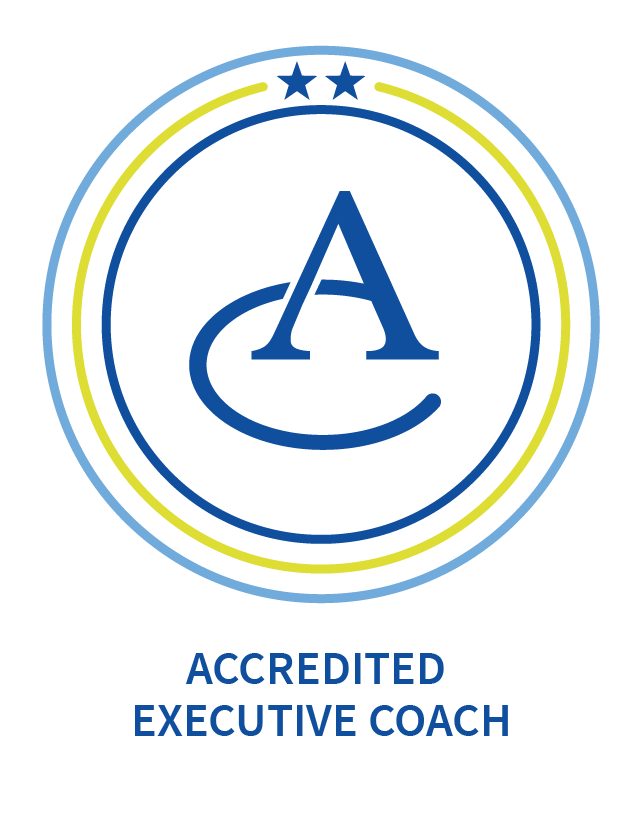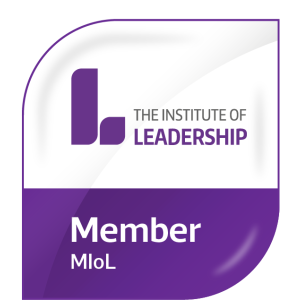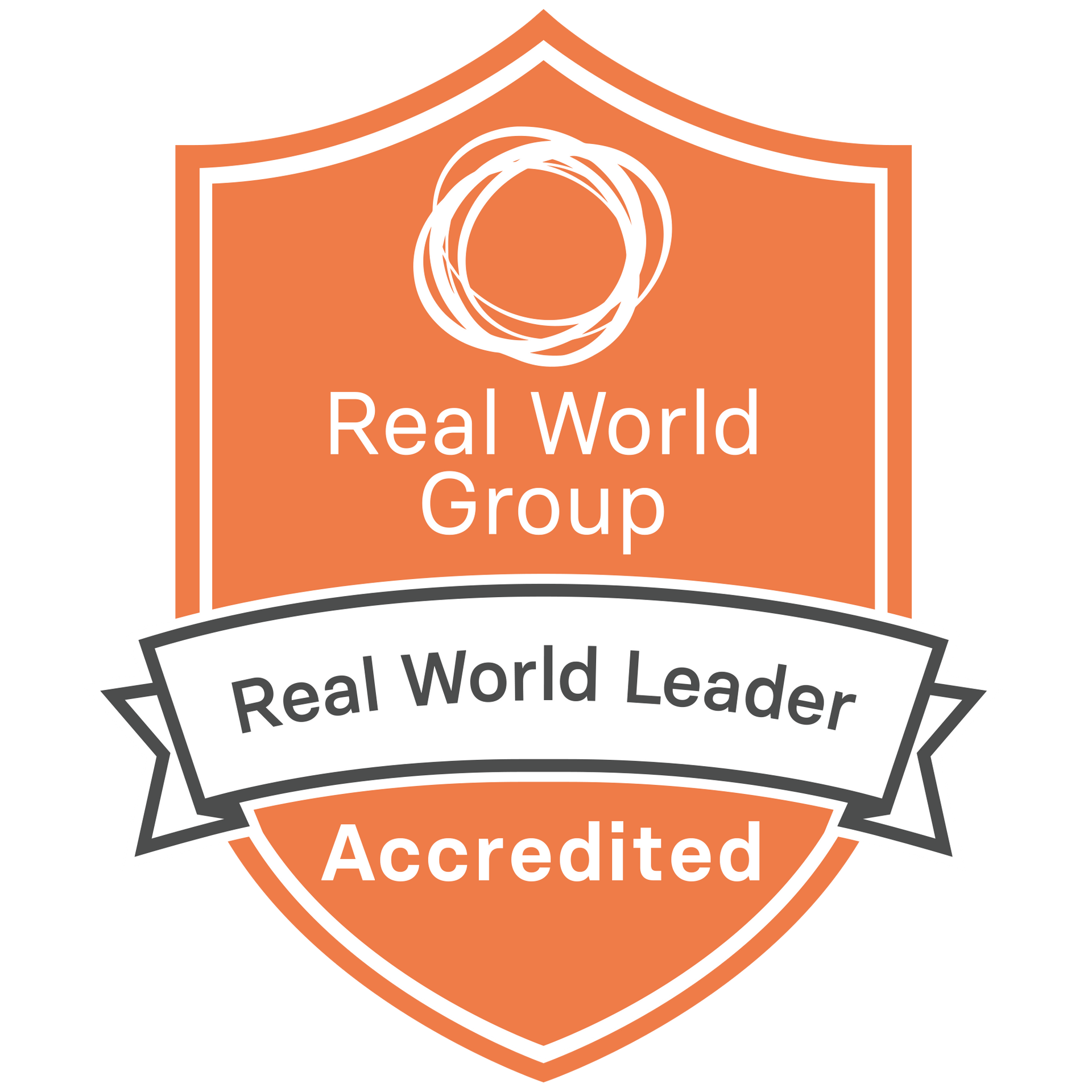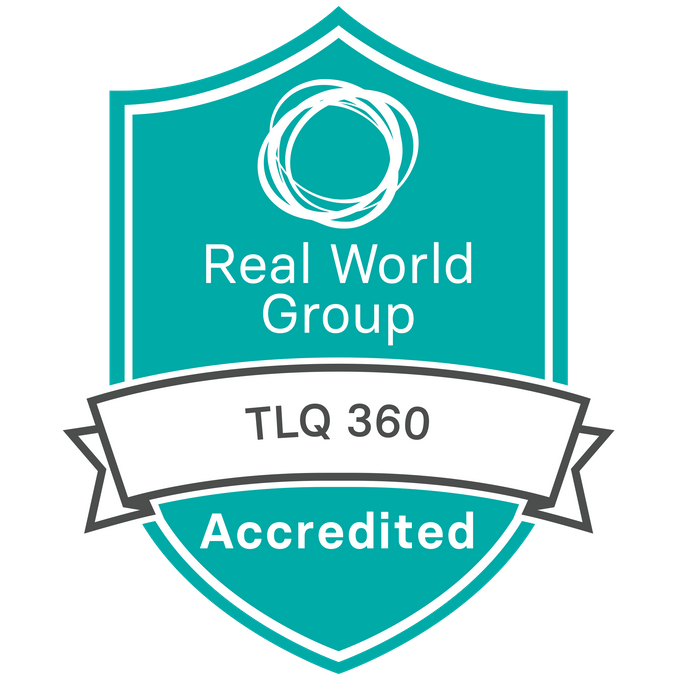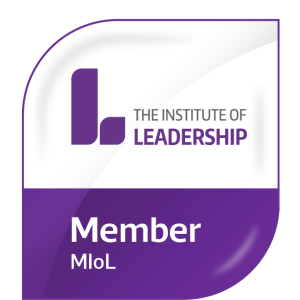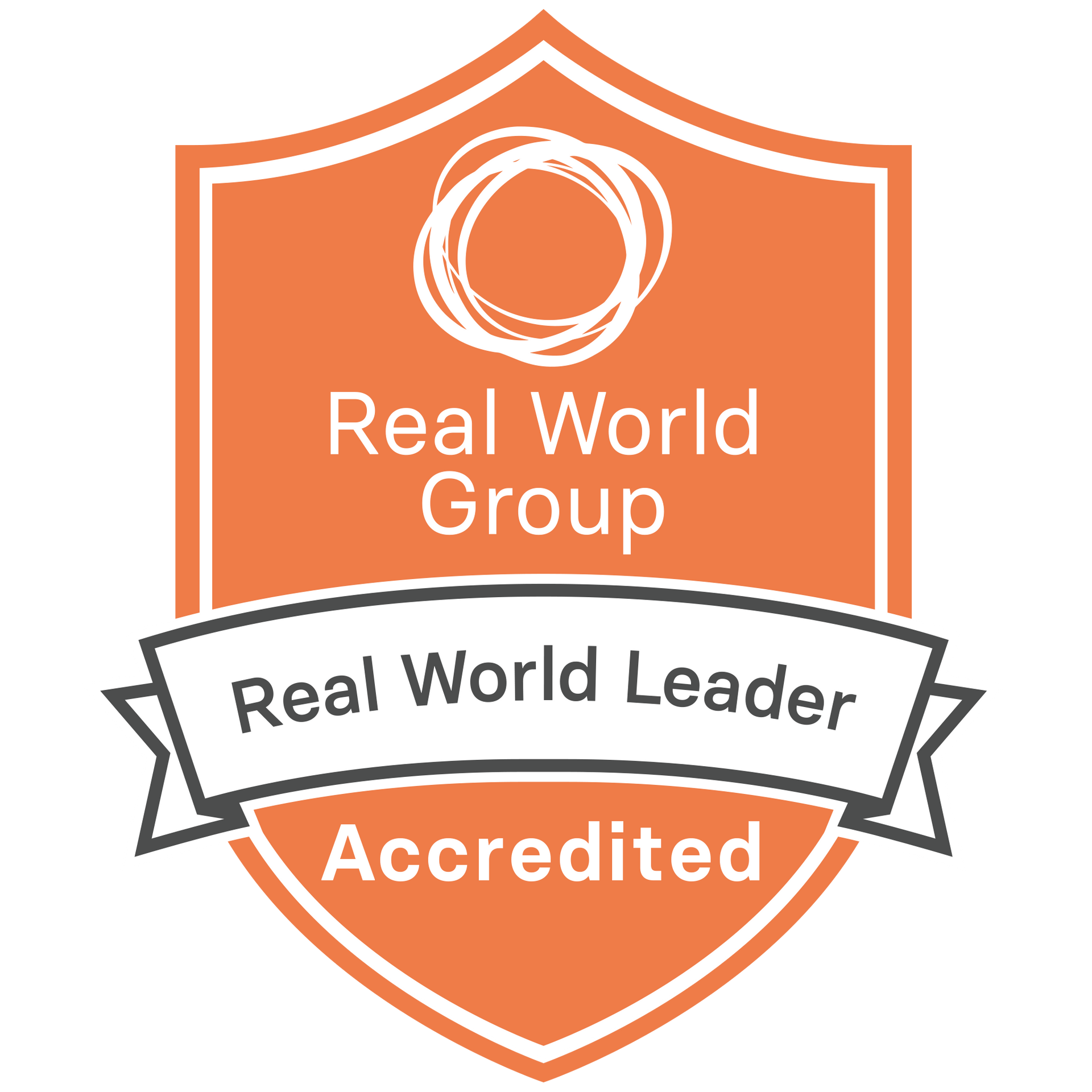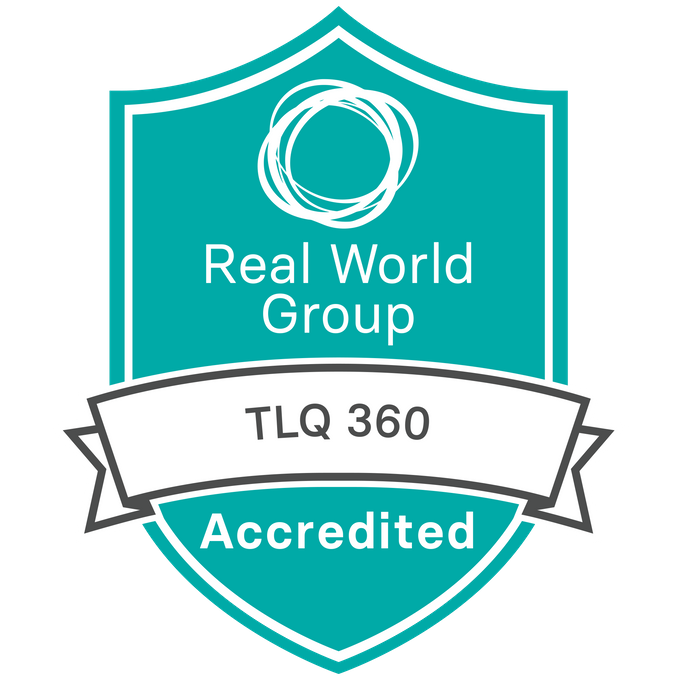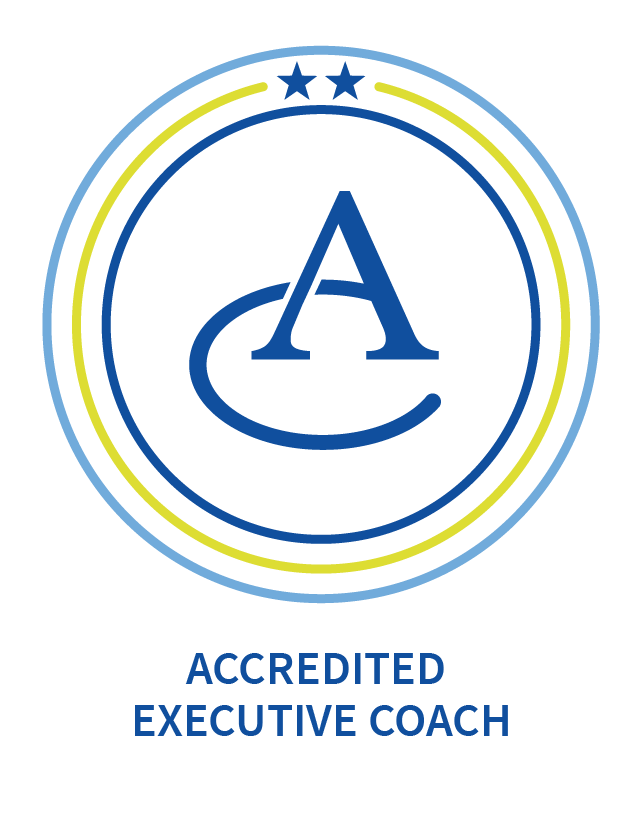Have you lost your senses?
- By Sian Taylor
- •
- 20 Oct, 2020
- •
Building trust in a remote world

How many times have you met someone believed you you’ve worked them out, and then found your first impressions were wrong on getting to know that person better?
How many times have you interviewed and recruited someone to find they don’t quite match to the person you thought they were?
How many times have you found yourself in a new role, new group or organisation and thought, this isn’t quite what I expected?
When expectations and reality don’t match, it erodes our sense that things are ‘right’, our positive belief, our trust.
------
In new situations, whether it’s us joining somewhere, or someone joining us, we are more alert to the newness.
We pick up on and tune into what people say, what they do, how they deal with a whole manner of situations.
We’re looking for how they really are and are we collectively a good fit.
Confirmation that we’ve made the right decision.
Assurance that we can trust each other.
------
Why talk about this?
Many of us are used to doing this intuitively through being in each other’s presence. The formal and informal interactions we would have.
But as we find ourselves continuing to work in a remote world, it’s almost as if one of our senses has been taken away. A loss of interaction that’s hard to replicate.
And so it’s brought questions like how do we build trust? How do we strengthen relationships?
And for those relationships that were edged with tension, what’s going to happen?
------
So how might we build trust in a remote world?
I’ll start with a question.
And the reason I’m asking, is because trust is about belief.
I can’t tell you to believe in something and simply expect you to do so.
Belief comes from something much deeper. We feel it.
So here’s my question for you: What is it about someone that means you trust them?
Perhaps
It’s that they do what they say
Their actions match their words
They inspire you
They value your thoughts, opinions, knowledge, experience
They value your wellbeing
You have shared experiences
You can identify with them
You have common values
You see things from similar perspectives
You really get each other, laugh at similar things. Feel a real bond with them.
What is it that matters to you?
And what is it that maintains that trust?
-------
Believing and trusting in someone takes time.
Time to get to know someone.
Time to understand them.
It might be your direct responsibility to get to know someone. To bring them into the organisation, help them settle, support them and ensure they are able to fulfil their duties and become part of the whole.
But what about those who are not directly connected to you?
Those people who you may have, before lockdown, bumped into in the corridor.
Got to know more slowly, perhaps whilst grabbing a coffee. Or through an occasional meeting.
Suddenly these opportunities are no longer here.
Does it matter?
Perhaps it’s not something you’ve noticed or felt the impact of.
But how invisible have you become without realising it?
Presentism is not effective or efficient. Yet our visibility can impact on how others feel about their sense of belonging to something greater. When we are present, visible, accessible, it can help people feel connected to what’s happening around them and understand the wider picture of what is going on.
Our sense of belonging, common purpose, shared perspective are powerful parts of building trust.
In a remote world, where we’re geographically separated, unable to see and interact with each other, our sense of belonging, being a part of a bigger whole and our shared common purpose can feel distant. We feel the remoteness.
Reaching out and connecting to those we are more remote from can enhance those connections, increase our visibility and build trust.
-------
Here are my thoughts on building and maintain trust in a remote world:
1. Relying on actions matching words
If you look for something tangible, actions matching words for instance, are these signs still practical and/or relevant?
How much has your trust been eroded because you can no longer ‘see’ what the other person is doing?
Perhaps now is an opportunity to reassess what it is you’re looking for that helps you build your belief in someone?
Perhaps it’s time for a conversation about expectations. On both sides. Your expectations. Their expectations. Finding the commonalities. Talking about the differences.
2. What about those difficult relationships?
The colleagues with whom it’s been hard to build a bond. Where common purpose brings you together but other differences get in the way.
In a remote world is can be easier to step back, perhaps build a protective barrier. Avoiding contact because the difficulties have become even more pronounced.
There are no easy answers to this situation.
A first step is to notice and acknowledge this could be happening.
Then try to make an honest assessment of the impact of not engaging with this person.
What will happen if you keep avoiding contact with this person?
Perhaps there’s the hidden relief of not having to deal with them as often. But what about the longer term?
And what’s happening when you do have contact with them now?
What might happen if you are able to use these circumstances to try a different approach to working with this person?
Does the remote world offer an opportunity you've not had before?
3. New people, new places
When we deal with change, we often look to the familiar to help us through it.
The people we know, the familiar processes and procedures, relying on our knowledge and experience to get us through.
Yet a new job, a new place, or someone new joining brings more unfamiliarity.
Being present together allows us the chance to immerse ourselves in a new place, formally and informally meet and get to know each other.
In a remote world these opportunities need more thought and attention. Perhaps specific effort to create them.
Virtual spaces may feel different to being with people in the same room, yet they can still offer opportunities to get to know each other. It’s felt a little contrived at times, but I’ve often found that guiding introductions, creating small groups for informal chats, bringing in a little formality helps to facilitate the informal connections and lay foundations for a greater sense of connection.
------
Our trust and belief in others, our shared purpose and sense of belonging is as needed as it always has.
How will you continue to build and develop that, now and in the coming months?
Sign up and you'll receive an email each time I post on my blog.
I'll also let you know when I have other things you may be interested in, such as leadership resources, and when I have coaching offers that may interest you.





